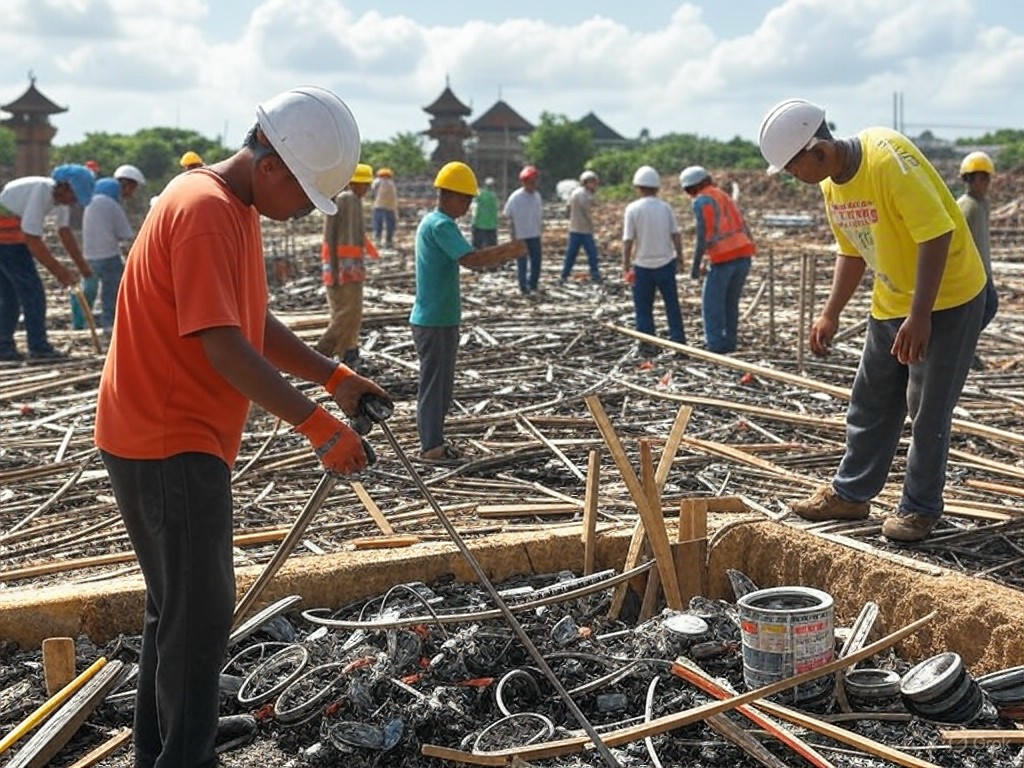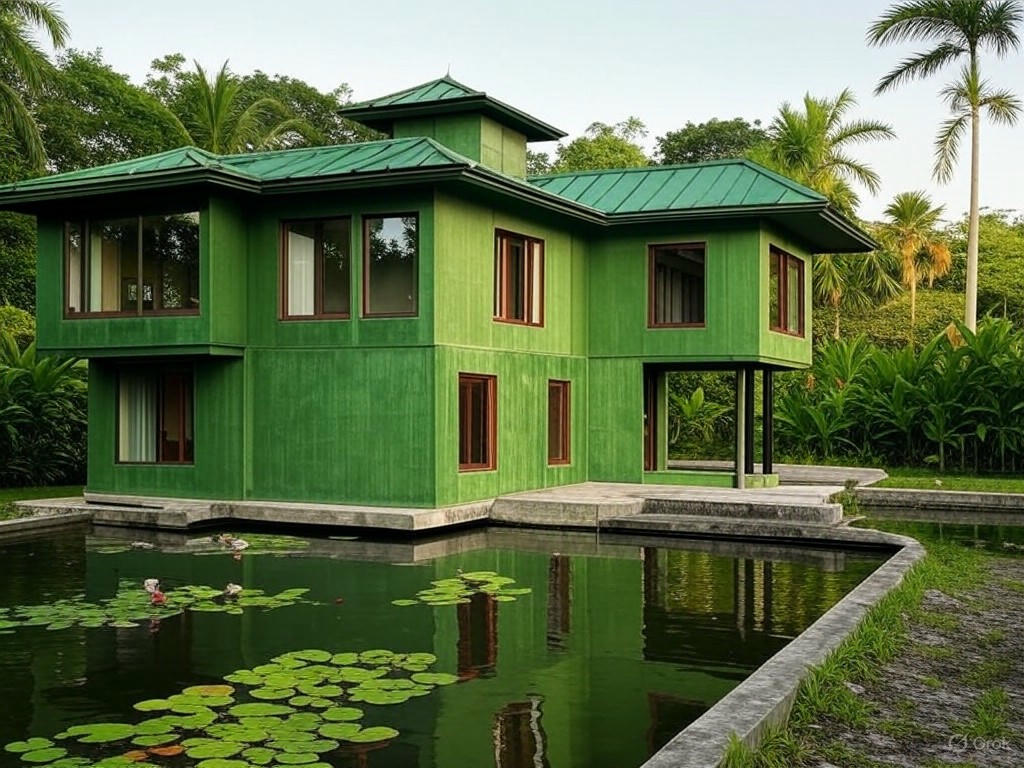Sustainable Concrete Solutions in Bali
Bali, known for its stunning landscapes and vibrant culture, is taking significant steps toward sustainability, particularly in the construction industry. The island is increasingly focusing on eco-friendly concrete solutions, aiming to reduce its carbon footprint and promote green building practices. This article explores the innovative approaches to concrete in Bali, emphasizing recycling, waste management, and energy efficiency.
The Rise of Sustainable Concrete in Bali
The construction boom in Bali has led to a surge in demand for building materials, particularly concrete. However, traditional concrete production is resource-intensive and contributes significantly to carbon emissions. To address these challenges, Bali is embracing sustainable concrete solutions that prioritize environmental conservation.
One of the key initiatives is the use of recycled materials in concrete production. By incorporating waste from construction sites and other sources, Bali is reducing landfill waste and promoting a circular economy. This approach not only helps in managing waste but also lowers the environmental impact of new constructions.

Innovations in Green Building
Bali's commitment to sustainability is evident in its adoption of green building practices. Architects and engineers on the island are exploring new techniques to enhance the energy efficiency of buildings. One such innovation is the use of geopolymer concrete, which has a lower carbon footprint than traditional Portland cement.
Geopolymer concrete utilizes industrial by-products such as fly ash and slag, reducing the need for virgin materials. This not only lowers the environmental impact but also offers superior durability and resistance to environmental factors, making it an ideal choice for Bali's tropical climate.
The Role of Waste Management
Effective waste management is crucial for sustainable development in Bali. The island is implementing comprehensive waste management strategies to ensure that construction waste is minimized and properly handled. By sorting and recycling materials, Bali is able to reuse valuable resources and reduce the overall environmental impact of construction projects.
Local authorities and construction companies are collaborating to establish recycling facilities that can process concrete waste into reusable aggregates. This initiative not only supports sustainable concrete production but also creates job opportunities and stimulates the local economy.
Looking to the Future
The future of sustainable concrete in Bali looks promising, with ongoing research and development aimed at further reducing the environmental impact of construction. The island is also exploring the potential of carbon capture technologies to offset emissions from concrete production.
As Bali continues to grow and develop, the focus on sustainable concrete solutions will play a crucial role in shaping its future. By prioritizing eco-friendly practices, Bali is setting an example for other regions to follow, demonstrating that economic growth and environmental conservation can go hand in hand.

In conclusion, Bali's efforts to integrate sustainable concrete solutions into its construction practices are a testament to its commitment to a greener future. Through innovative approaches to recycling, waste management, and energy efficiency, the island is paving the way for sustainable development that benefits both its residents and the environment.